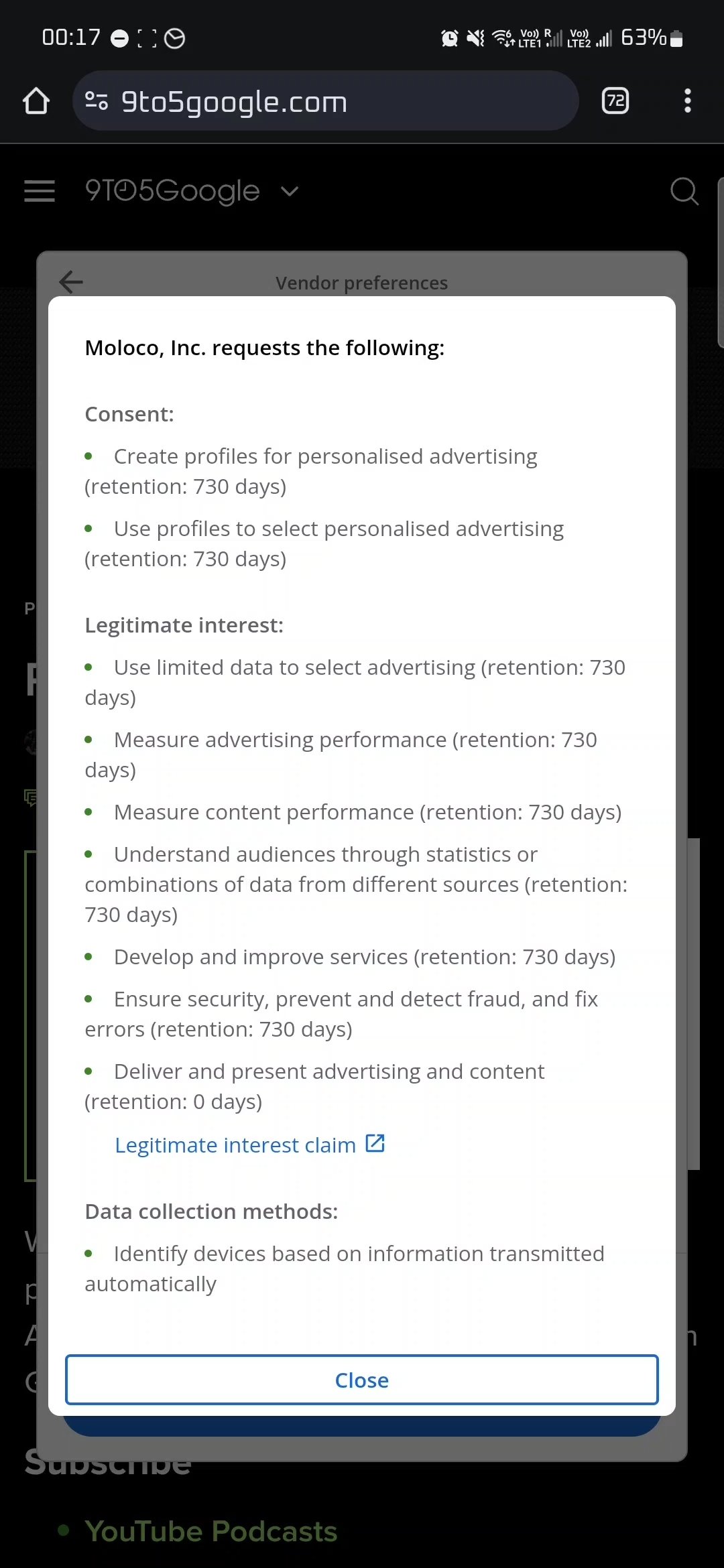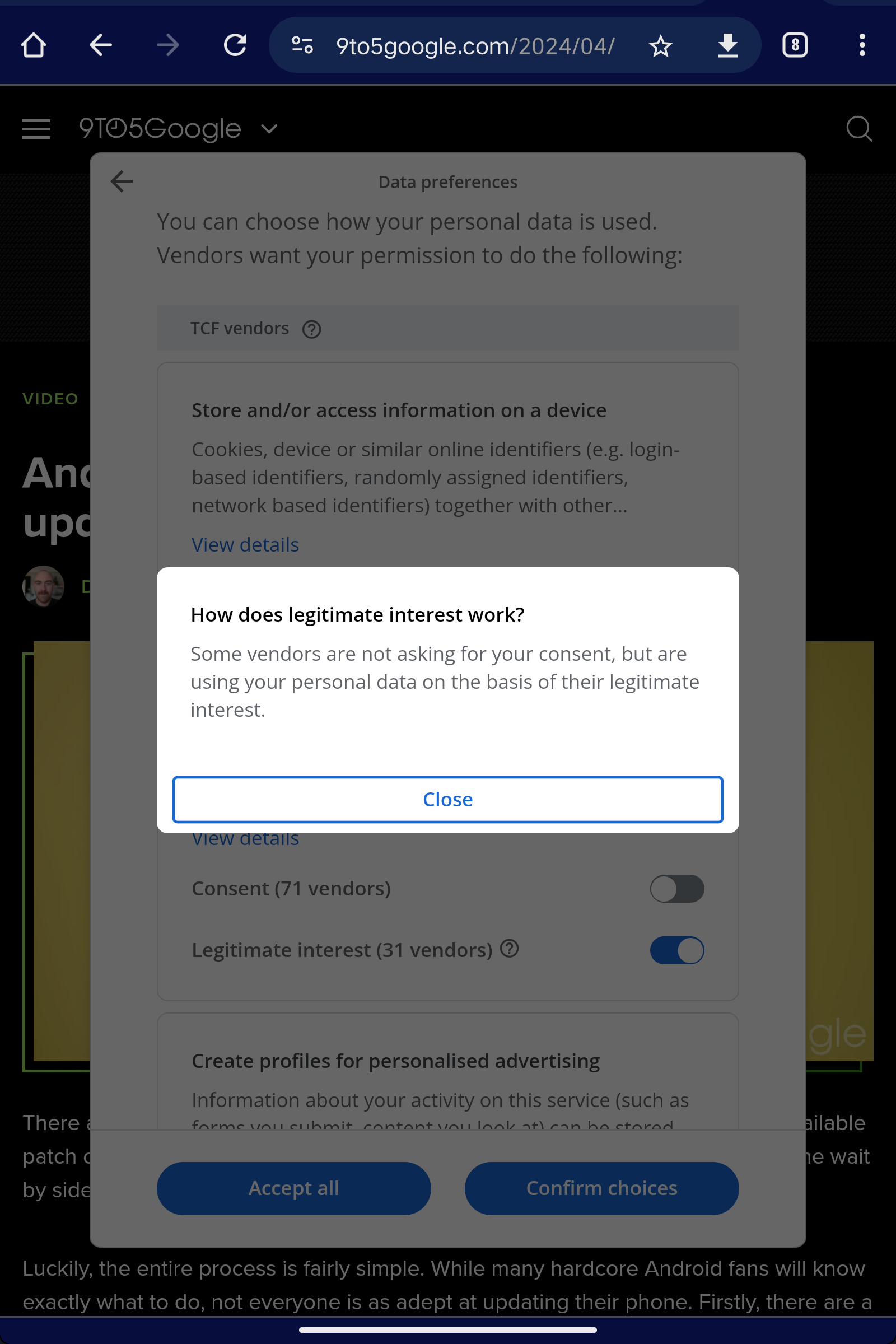877
320
879
85
880
54
881
490
882
100
885
124
888
52
889
26
891
128
898
84
Privacy
32024 readers
711 users here now
A place to discuss privacy and freedom in the digital world.
Privacy has become a very important issue in modern society, with companies and governments constantly abusing their power, more and more people are waking up to the importance of digital privacy.
In this community everyone is welcome to post links and discuss topics related to privacy.
Some Rules
- Posting a link to a website containing tracking isn't great, if contents of the website are behind a paywall maybe copy them into the post
- Don't promote proprietary software
- Try to keep things on topic
- If you have a question, please try searching for previous discussions, maybe it has already been answered
- Reposts are fine, but should have at least a couple of weeks in between so that the post can reach a new audience
- Be nice :)
Related communities
Chat rooms
-
[Matrix/Element]Dead
much thanks to @gary_host_laptop for the logo design :)
founded 5 years ago
MODERATORS
 Late January, the U.S. Department of Commerce published a notice of proposed rulemaking for establishing new requirements for Infrastructure as a Service providers (IaaS) . The proposal boils down to a 'Know Your Customer' regime for companies operating cloud services, with the goal of countering the activities of "foreign malicious actors." Yet, despite an overseas focus, Americans won't be able to avoid the proposal's requirements, which covers CDNs, virtual private servers, proxies, and domain name resolution services, among others.
Late January, the U.S. Department of Commerce published a notice of proposed rulemaking for establishing new requirements for Infrastructure as a Service providers (IaaS) . The proposal boils down to a 'Know Your Customer' regime for companies operating cloud services, with the goal of countering the activities of "foreign malicious actors." Yet, despite an overseas focus, Americans won't be able to avoid the proposal's requirements, which covers CDNs, virtual private servers, proxies, and domain name resolution services, among others.


